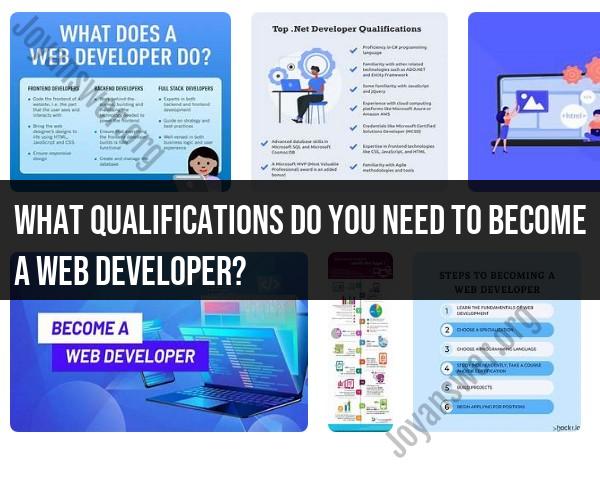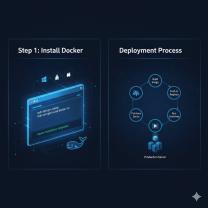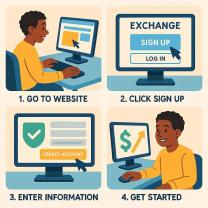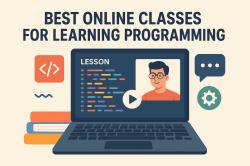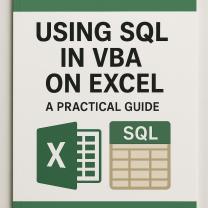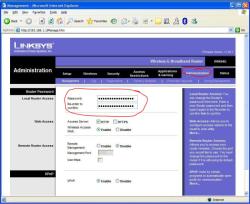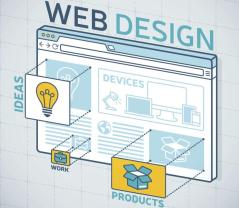What qualifications do you need to become a web developer?
Becoming a web developer typically requires a combination of education, practical experience, and the development of specific technical skills. While there are various paths to becoming a web developer, here are common qualifications and requirements:
Educational Background:
- A formal education in computer science, information technology, web development, or a related field is beneficial but not always mandatory. Many successful web developers are self-taught or have completed coding bootcamps.
Coding Languages:
- Proficiency in core web development languages is essential. Common languages include:
- HTML (Hypertext Markup Language): Used for creating the structure of web pages.
- CSS (Cascading Style Sheets): Used for styling and layout.
- JavaScript: Essential for creating dynamic and interactive elements on websites.
- Proficiency in core web development languages is essential. Common languages include:
Frameworks and Libraries:
- Familiarity with web development frameworks and libraries, such as:
- React.js, Angular, or Vue.js for JavaScript development.
- Bootstrap or Foundation for responsive design.
- Familiarity with web development frameworks and libraries, such as:
Server-Side Languages:
- Depending on the role, knowledge of server-side languages may be required, such as:
- Node.js (JavaScript), Python, Ruby, PHP, or Java.
- Depending on the role, knowledge of server-side languages may be required, such as:
Database Management:
- Understanding of databases and proficiency in working with database management systems like:
- MySQL, PostgreSQL, MongoDB, or SQLite.
- Understanding of databases and proficiency in working with database management systems like:
Version Control:
- Experience with version control systems, such as Git, is often necessary for collaborative development.
Web Development Tools:
- Proficiency in using web development tools and environments, including text editors (e.g., Visual Studio Code, Sublime Text) and browser developer tools.
Responsive Design:
- Knowledge of responsive web design principles to ensure websites function well on various devices and screen sizes.
APIs (Application Programming Interfaces):
- Understanding how to work with APIs to integrate data and functionalities into web applications.
Web Development Concepts:
- Understanding of key web development concepts, including HTTP/HTTPS protocols, web servers, and client-server architecture.
Problem-Solving Skills:
- Strong analytical and problem-solving skills to debug code and troubleshoot issues effectively.
Soft Skills:
- Effective communication and teamwork skills, as web developers often collaborate with designers, project managers, and other team members.
Continuous Learning:
- Given the dynamic nature of web development, a willingness to stay updated on industry trends, new technologies, and best practices is crucial.
Portfolio:
- Building a strong portfolio showcasing your web development projects is essential for demonstrating your skills and expertise to potential employers.
Bachelor's Degree (Optional):
- While many web developers do not hold a traditional degree, having a bachelor's degree in a related field can be advantageous, especially for certain positions or companies with specific hiring requirements.
Certifications (Optional):
- Obtaining certifications in specific web development technologies or frameworks may enhance your credentials. Examples include certifications from organizations like Microsoft, Google, or AWS.
It's important to note that the specific qualifications and requirements can vary depending on the job, employer, and the nature of the web development role. Continuous learning, practical experience, and staying updated with industry trends are essential for a successful career in web development.
What qualifications or skills are necessary to pursue a career as a web developer?
Becoming a web developer requires a blend of technical skills, creative thinking, and problem-solving abilities. Here are some key qualifications and skills you'll need to consider:
Technical Skills:
- Front-end Development: Expertise in HTML, CSS, and JavaScript is essential. Frameworks like React, Vue.js, and Angular can be beneficial but aren't always required.
- Back-end Development: Understanding server-side languages like Python, Node.js, PHP, or Ruby can broaden your opportunities.
- Database Management: Familiarity with SQL and database structures is helpful for storing and manipulating website data.
- Version Control Systems: Git is the industry standard for version control, allowing you to track changes and collaborate effectively.
- Web Design Principles: Understanding user experience (UX) and user interface (UI) design principles is crucial for creating user-friendly websites.
- Accessibility: Building websites that are accessible to everyone, including people with disabilities, is important.
Creative and Analytical Skills:
- Problem-solving: Web development is full of challenges. You'll need strong analytical skills to identify and solve problems efficiently.
- Critical thinking: Analyzing user needs, data, and design decisions is crucial for building successful websites.
- Creativity: You'll need to think creatively to design and implement innovative solutions.
- Communication: Collaboration with clients, designers, and other developers requires effective communication skills.
- Adaptability: The web development landscape is constantly evolving. You need to be adaptable and willing to learn new technologies and trends.
Additional Qualifications:
- Portfolio: Having a strong portfolio showcasing your website development projects is essential for attracting potential employers.
- Education: While not always required, a degree in computer science, web development, or a related field can be beneficial. Online courses, bootcamps, and certifications can provide valuable skills as well.
- Passion and motivation: A genuine interest in web development and a passion for building things will drive your learning and growth.
Remember, the specific qualifications and skills required will vary depending on the type of web developer you want to be (front-end, back-end, full-stack) and the industry you want to work in.
Here are some additional resources that you may find helpful:
- FreeCodeCamp: https://www.freecodecamp.org/
- Udacity: https://www.udacity.com/
- Coursera: https://www.coursera.org/
- The Odin Project: https://www.theodinproject.com/
- Stack Overflow: https://stackoverflow.com/
By focusing on these qualifications and skills, you can set yourself on the path to a successful career in web development.
